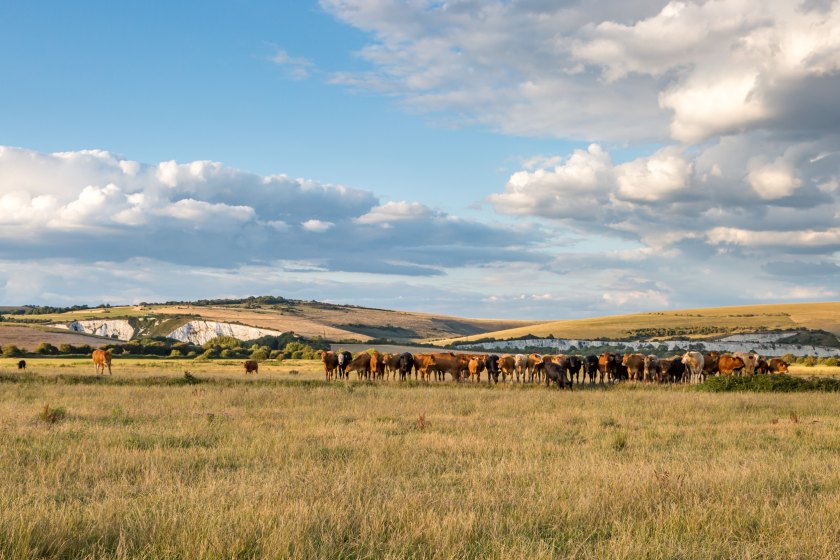
The government's announcement that the Farming in Protected Landscapes scheme will be extended to March 2025 is a 'brilliant opportunity' for farmers.
This is according to rural land specialists GSC Grays, which says the funding is more flexible than other Defra schemes.
Farming in Protected Landscapes (FiPL) offers funding to farmers and land managers in AONBs, National Parks and the Broads, but it is not an agri-environment scheme.
The programme has been developed by Defra with the support of AONBs and National Park staff from across England.
To be eligible the project must benefit the protected landscape, or the protected landscape body’s objectives or partnership initiatives.
Holly Story, director at GSC Grays, believes the decision to extend the FiPL scheme from March 2024 to March 2025 is significant for farmers.
She specialises in environmental management, as well as developing and delivering environmental initiatives for farmers across the north of England.
“The recently announced extension of the Farming in Protected Landscapes scheme to March 2025 is a brilliant opportunity for farmers in these areas," she said.
“FiPL funding can be used to support some innovative projects that support farm profitability as well delivering for nature and local communities.
"At the end of the day these are all intertwined. The funds available aren’t limitless, and FiPL is not just open to farmers – so make sure you are proactive in putting your idea forwards and securing funding while you can.”
FiPL will fund projects that support nature recovery, mitigate the impacts of climate change and protect or improve the quality and character of landscapes.
To apply, farmers must manage all the land included in the application and have control of all the activities they would like to do.
Common land is also eligible for this funding. Commoners can apply as a landowner with sole rights, or as a group of commoners acting together.
Ms Story added: “To take advantage of the extension I recommend farmers take specialist advice to help with potential projects and to strengthen applications."
Farmers can submit their application anytime up until the programme closes for applications in 2025.
